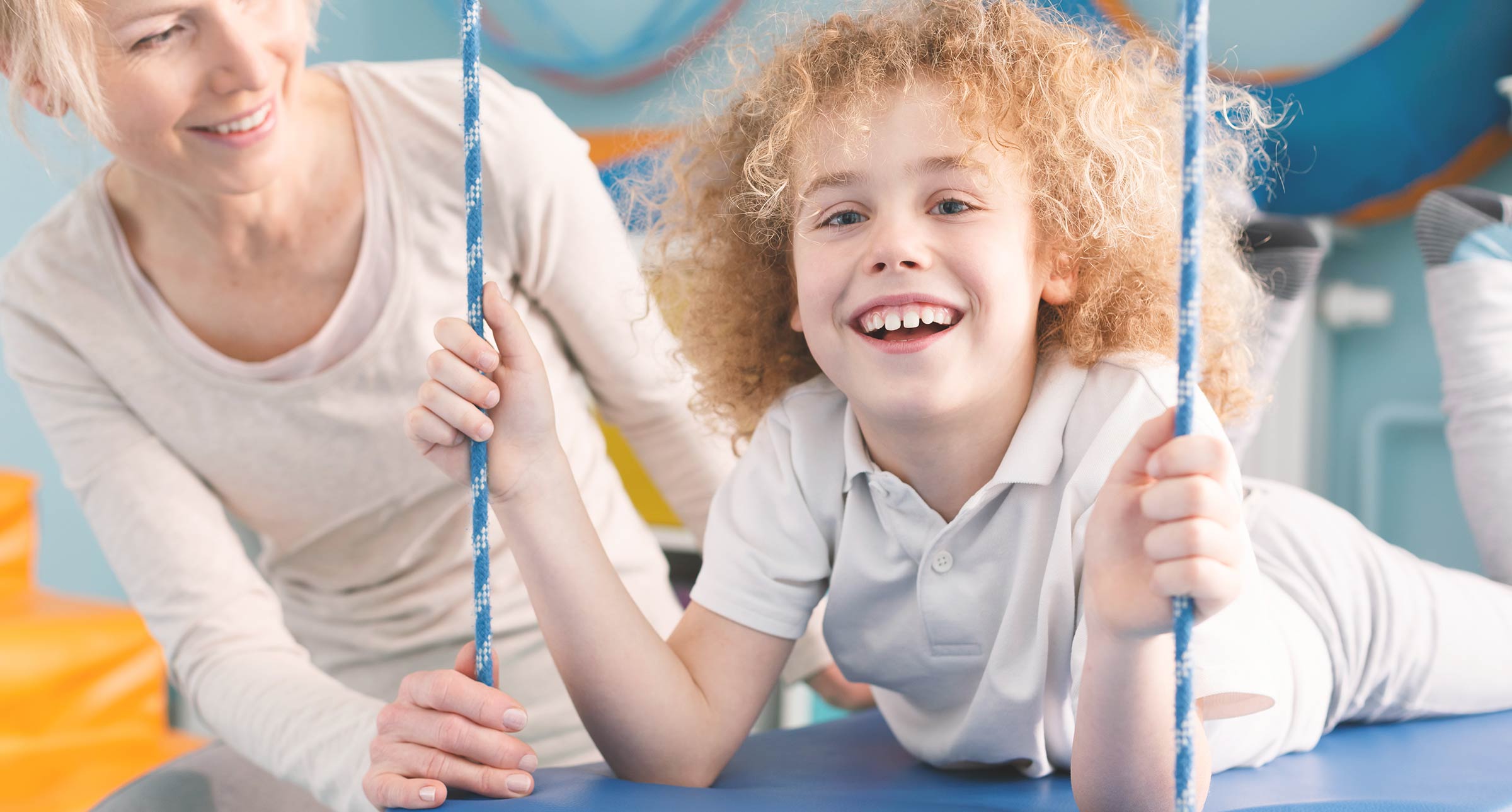An interview with Dona Matthews, PhD, whose latest book IMPERFECT PARENTING: HOW TO BUILD A RELATIONSHIP WITH YOUR CHILD TO WEATHER ANY STORM is about caring and connection, and also the power of creativity.
1. Dona, in your new book, Imperfect Parenting, you discuss MANY ways parents can nurture children’s development. However, on page 209, you write, “As I see it, creativity may be at the heart of healthy parenting. There’s nothing I can think of that requires more creativity than dealing with the everyday obstacles, calamities, and surprises that being a parent brings.” Can you please elaborate on why creativity matters so much?
Creativity plays an essential role in the relationship-building process that forms the core of Imperfect Parenting. Building a relationship with your child may sound so simple, so natural, but the day-to-day reality can be surprisingly challenging. An attitude of creative possibility can help you respond with love, patience, and kindness to the grinding relentlessness of life with a child, especially if you have a child with special needs.
By keeping your creative spark alive, you not only build your relationship with your child, but you also enhance the everyday experience of your family and increase your ability to overcome life’s challenges. You also act as a role model for your child, showing them how to stay connected to the joyful possibilities in everyday life, which in turn increases their chances for building a happily productive life for themself.
2. How can parents support their child in exploring, using, and extending their creativity?
It starts with listening to your child. When you’re fully present to your child—loving, caring, patient, and attentive—you’re supporting them in finding their curiosities. Once your child identifies an interest—music, words, building, dancing, and/or something else—support them in following that interest. Take them seriously. Ask questions. Listen closely to their answers, and provide them with the tools they need to take it to the next level.








